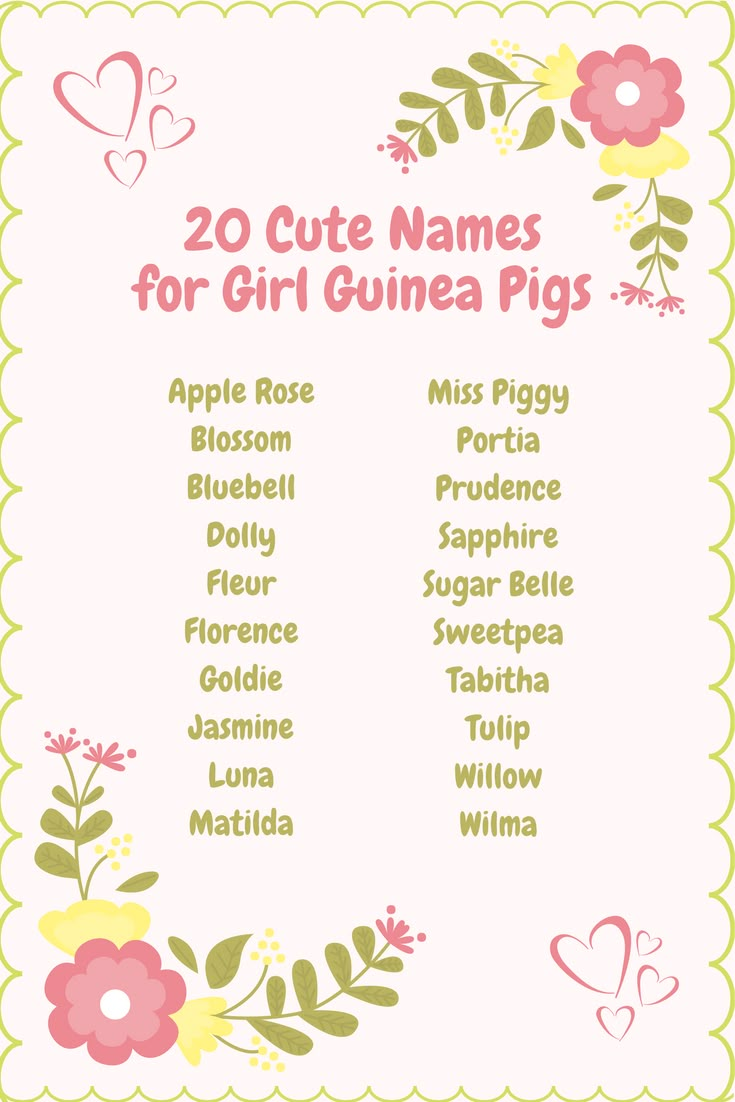Understanding the Rabbit Hole: Its Meaning and Implications
The concept of a "rabbit hole" originates from Lewis Carroll's classic tale, "Alice's Adventures in Wonderland," where Alice literally falls down a rabbit hole into a fantastical world. Over the years, this term has evolved into a metaphor that describes a deep dive into complex or confusing issues, often resulting in unforeseen discoveries and explorations. In modern culture, going down the rabbit hole can symbolize getting lost in a complex series of ideas, often fueled by curiosity and the unexpected findings of our inquiries. This article will unpack the meaning of rabbit holes, their implications across various contexts, and explore their significance in literature, psychology, internet culture, and personal development. Prepare to delve into this fascinating metaphor and uncover its various interpretations and insights.
The concept of the rabbit hole might resonate differently depending on the context; for some, it may represent an exciting journey of exploration, while for others, it might evoke feelings of being overwhelmed or lost. Understanding these nuances can be essential in both academic discussions and everyday conversations. By the end of this article, you'll not only grasp the various meanings associated with the term but also explore its significant role across disciplines, from literature to psychology and beyond.
Key takeaways from this exploration will include defining the rabbit hole, examining cultural rabbit holes, discussing its implications in decision-making, and highlighting examples of rabbit holes in popular narratives and media.
Definition and Origins of the Rabbit Hole Concept
At its core, the rabbit hole concept serves as a metaphor for getting immersed in a subject or idea to the point of losing track of time or surroundings. The common understanding of "rabbit hole" emphasizes exploration and curiosity, often suggesting that the deeper one goes, the more intricate and fascinating the findings become. Whether it's a movie, a book, or a topic of conversation, entering a rabbit hole can lead to unanticipated insights.
The origin of the term in literature can be traced to Alice's experience as she enters Wonderland. This fantastical journey embodies several themes, including curiosity, adventure, and the unknown. As Alice navigates through a landscape rife with peculiar characters and surreal situations, it challenges her understanding of reality—serving as a powerful analogy for personal and intellectual exploration.
In more recent contexts, rabbit holes have been integrated into our discussions about technology and social media, where users often find themselves led down various paths based on algorithms and recommendations. These instances of "going down the rabbit hole" often emerge as a metaphor for the interconnectedness and depth of information available in the digital age. Understanding these origins provides a foundation for understanding how the rabbit hole concept is applied across different fields today.
Rabbit Hole Metaphors in Literature and Storytelling
Literature has long used the rabbit hole as a thematic element in storytelling, symbolizing journeys into the unknown. Characters embark on adventures that challenge their perspectives and often lead to self-discovery. For example, Kafka's "The Metamorphosis" embodies the idea of slipping into a rabbit hole of existential inquiry, while works like "The Chronicles of Narnia" emphasize the idea of entering another realm with transformative and extraordinary experiences.
Within these narratives, the rabbit hole can signify an escape from reality or a confrontation with one’s fears and aspirations. When characters confront challenges that emerge from these journeys, readers are prompted to examine societal norms and personal beliefs, enhancing the richness of the narrative.
Moreover, the rabbit hole metaphor can also represent an exploration into complex issues or themes such as identity, time, and morality. This exploration often requires a willingness to question preconceived notions and venture into the depths of human experience, which resonates with audiences and encourages introspection. For instance, in psychological thrillers, the protagonist’s descent into madness can be likened to entering a rabbit hole, where logic and reason are replaced with confusion and fear.

The Psychological Effects of Going Down the Rabbit Hole
Going down the rabbit hole can evoke various psychological responses, as individuals become engrossed in complex themes and ideas, often leading to a transformative experience. When exploring intricate topics, individuals may encounter cognitive dissonance—an internal conflict that arises when faced with contradictory beliefs or information. This dissonance can provoke meaningful reflection and growth, but it may also lead to feelings of anxiety or confusion.
Research indicates that rabbit holes are not just abstract notions; they have genuine psychological implications. The experience of elation in discovering new knowledge can be accompanied by the stress of grappling with overwhelming information. Understanding these dynamics is vital for individuals engaging with complex themes in literature, academic settings, or even everyday media consumption.
In social media and online forums, the rabbit hole phenomenon can magnify these psychological effects. The act of "discovering" various threads can foster curiosity, but it also risks overwhelming the user due to excessive information. Recognizing one's boundaries is crucial for maintaining balance in these explorations. By understanding the mental effects of going down rabbit holes, individuals can navigate them thoughtfully.
Exploring Rabbit Holes in Digital Culture
The rise of the internet and social media has given birth to a new era of rabbit holes, where users frequently find themselves diving into various subjects, often triggered by curiosity or emotional engagement. The vastness of data available online makes it easy to slide into unexpected areas of interest, leading to knowledge expansion and sometimes misinformation.
For instance, entering a social media platform or content aggregator can lead to serendipitous discoveries of niche topics or communities that individuals might not typically engage with. This expands not only their knowledge but also their understanding of cultural subtleties. However, navigating these digital rabbit holes requires critical thinking skills to differentiate between reliable information and misinformation.
The cultural rabbit holes that emerge in digital spaces also raise questions about algorithmic influence. Many social media platforms employ algorithms designed to encourage users to engage, resulting in personalized content recommendations. While this can create tailored experiences, it also may lead to echo chambers where only familiar viewpoints are reinforced. Understanding this aspect of rabbit holes in digital culture is crucial for encouraging diverse dialogues and diverse learning experiences.
Rabbit Hole Stories: Examples and Discussions
Exploring rabbit holes can lead to fascinating stories and discussions across various formats, from written narratives to personal anecdotes shared in conversation. Here, we will highlight some exemplary rabbit hole experiences that illustrate its breadth and implications.
One common rabbit hole story might involve a casual online search that evolves into an extensive deep dive into a subject, culminating in a multitude of hours spent reading articles, watching documentaries, or engaging with community discussions. These rabbit holes can immerse individuals in a wealth of knowledge, prompting both insights and engagement.
Another instance includes the personal journey of a writer or artist who delves into historical events or cultural phenomena to gain inspiration. This exploration not only enriches their craft but also fosters connections with diverse perspectives through narratives shaped by experiences.
The phenomenon is also prevalent in educational contexts, where inquiry-based learning can lead students to explore rabbit holes relevant to their interests. These journeys stimulate curiosity and promote autonomous learning, enabling students to cultivate critical thinking and engagement with complex topics.

Implications and Insights from Rabbit Hole Exploration
Understanding rabbit holes and their implications can inspire meaningful reflections on our learning and engagement with the world around us. The journey through rabbit holes not only culminates in newfound knowledge but also shapes our perceptions and interactions with information.
Being attuned to rabbit holes can foster resilience and adaptability as individuals remain open to decision-making processes that incorporate diverse perspectives. The journey down a rabbit hole can enhance one’s ability to embrace uncertainty and ambiguity—essential skills in navigating complex contemporary challenges.
Finally, engaging with rabbit holes encourages a rich tapestry of dialogue and connection across various domains, from cultural discussions to academic inquiries. Recognizing the value of rabbit holes allows us to appreciate the path of discovery and knowledge experiences that enrich our lives, making them an essential aspect of human learning and growth.
H2>Q&A Section: Common Queries About the Rabbit Hole PhenomenonWhat is the primary meaning of a rabbit hole?
The term "rabbit hole" primarily signifies an entrance into a complex or challenging realm of inquiry, often leading to unexpected discoveries and experiences.
How can entering a rabbit hole be beneficial?
Entering a rabbit hole allows individuals to immerse themselves in a particular subject, fostering curiosity and critical thinking. It can lead to significant insights or revelations, enriching personal knowledge and understanding.
Are there risks associated with rabbit hole exploration?
While exploring rabbit holes can yield enlightening information, it may also cause cognitive overload or misinformation. It's essential to navigate such explorations mindfully, embracing the learning while maintaining awareness of information boundaries.
In conclusion, the rabbit hole concept serves as a fascinating metaphor for exploration and immersion across various domains. From literature to digital culture, the rabbit hole invites deeper understanding, prompting individuals to embrace the unknown and challenge their perceptions. With proper navigation, rabbit holes can be vessels for growth, reflection, and meaningful engagement.
